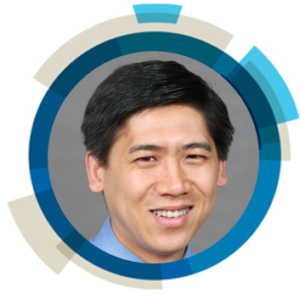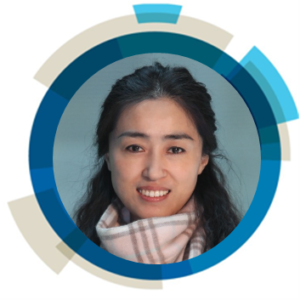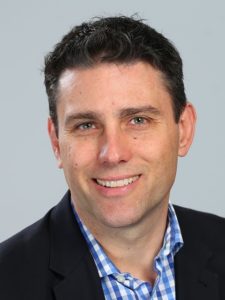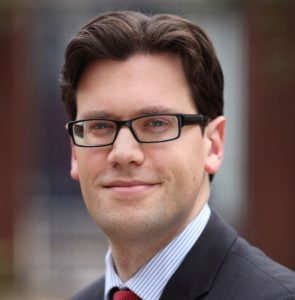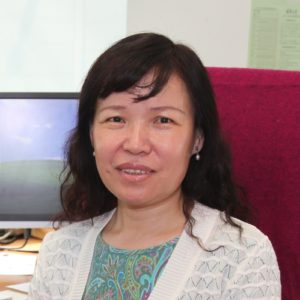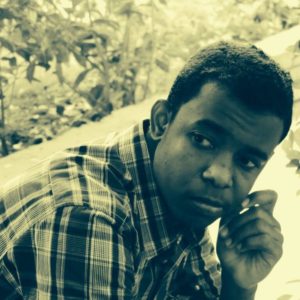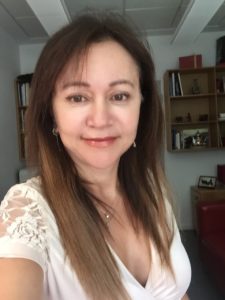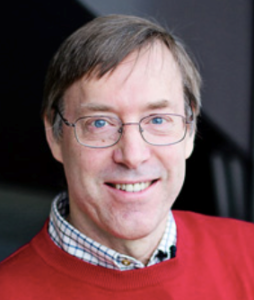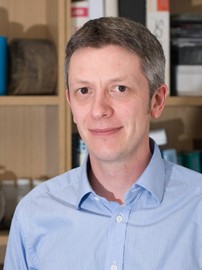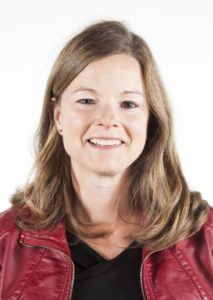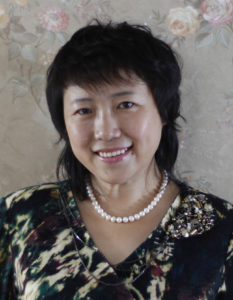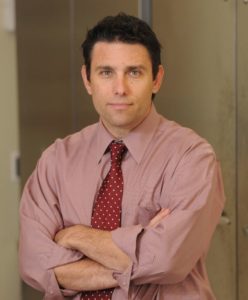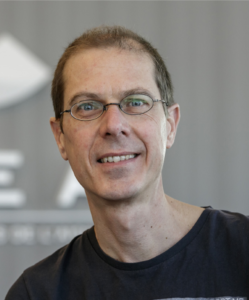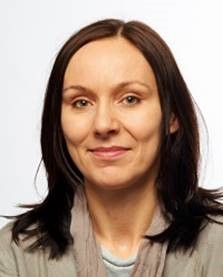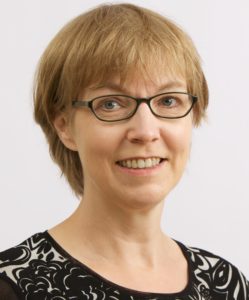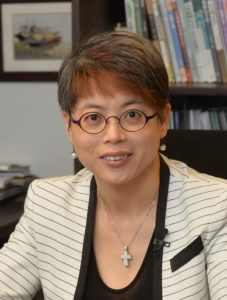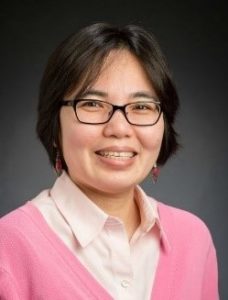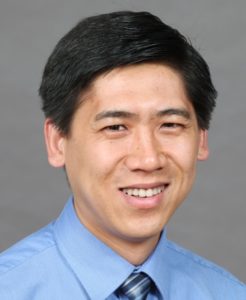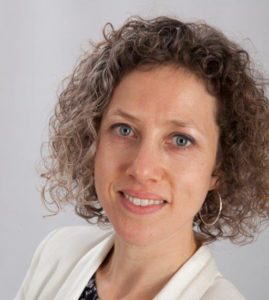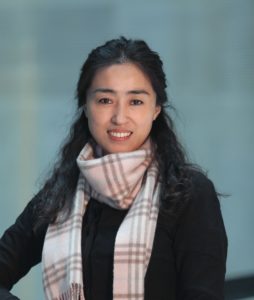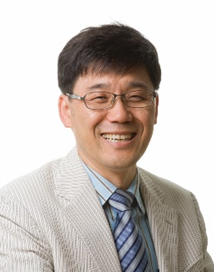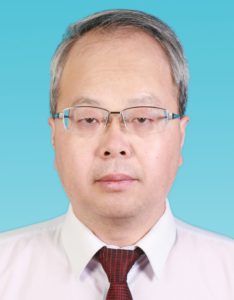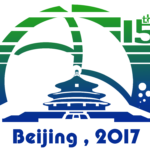We are delighted to introduce out latest Envrionmental Science: Water Research & Technology Emerging Investigator, Greg LeFevre!
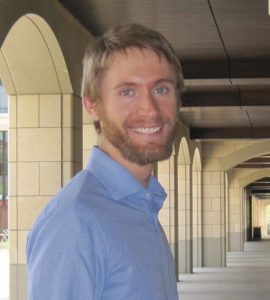
Greg LeFevre is an assistant professor of environmental engineering and science in the Department of Civil & Environmental Engineering at the University of Iowa and an assistant faculty research engineer at IIHR-Hydroscience & Engineering. He did his BS at Michigan Tech, MS/PhD at University of Minnesota, and postdoc at Stanford University, all in environmental engineering. The focus of his research group is elucidating novel biotransformation products and pathways of emerging contaminants to inform improved design of engineered natural treatment systems for non-point pollutants. Much of Greg’s work has been dedicated to improving bioretention stormwater green infrastructure.
Read Greg’s Emerging Investigators Series paper “the role of vegetation in bioretention for stormwater treatment in the built environment: pollutant removal, hydrologic function, and ancillary benefits” and find out more about him in the interview below:
Your recent Emerging Investigator Series paper focuses on the role of vegetation in bioretention for stormwater treatment in the built environment. How has your research evolved from your first article to this most recent article?
In some ways, this article has threads that connect my graduate research, my postdoc work, and some elements of my lab’s current research. During my PhD at the University of Minnesota, I studied the fate and biodegradation of hydrocarbons in stormwater bioretention cells and discovered that plants played a critical role in facilitating removal. During my postdoc at Stanford with ReNUWIt, I studied large-scale stormwater capture-treatment-recharge systems for aquifer replenishment in arid regions and also the uptake of trace organic contaminants by plants when recycled water is used for irrigation, including the elucidation of novel metabolites following plant uptake. I have fused these experiences together in my new lab at the University of Iowa where we focus on discovering the biotransformation products and pathways of emerging organic contaminants to inform improvements to low-energy engineered natural treatment systems, including bioretention and other practices to capture and degrade non-point pollutants. One aspect that has certainly evolved has been my focus on elucidating pollutant transformation products rather than simply classifying contaminants as having “degraded.”
What aspect of your work are you most excited about at the moment?
There are two aspects that greatly excite me at the moment. First, innovations in analytical tools (especially high res mass spectrometry) are allowing us to discover novel transformation products at an unprecedented pace in plants (including food crops) and water. Second, I’m really interested in coupling biotransformation with innovations in materials to create novel infiltration media for stormwater systems that capture and degrade trace organic contaminants.
In your opinion, what is the biggest environmental impact presented by stormwater in the urban environment?
Stormwater disrupts nearly every aspect of hydrologic processes and has severe impacts to water quantity and quality. The most well-known impacts relate to flooding and sediment/nutrient flux to receiving water bodies. I think one of the most underappreciated aspects of stormwater impacts is the rapid transport of trace organic contaminants from highly diffuse sources that, collectively, exert pressures on biota in water ways.
What do you find most challenging about your research?
The suite of trace organic contaminants in stormwater is constantly evolving as, for example, new pesticides get phased in/out, additives to vehicles evolve, or biocides are added to building materials that leach into stormwater. The non-point nature of stormwater makes everything a challenge (accurate field measurements not the least of which!). Of course, the big important ‘so-what’ questions regarding the ecotoxicological impacts of these compounds and complex mixtures are a major challenge, and that is where we love to collaborate with experts in the tox field.
In which upcoming conferences or events may our readers meet you?
I am typically at ACS, the GRC Environmental Sciences: Water, AEESP, Emerging Contaminants (when it’s in the US), and sometimes SETAC. This year I was invited to participate in the NAE Frontiers workshop in Japan.
How do you spend your spare time?
I have an 11-month-old baby, so ‘spare time’ is trying to be with her as much as possible. I try to get outside as much as possible into wild areas; this is why I went into environmental work. Fortunately, our baby loves hikes!
Which profession would you choose if you were not a scientist?
Honestly, I never really thought of being anything but scientist. I knew that I wanted to be an environmental scientist from early in grade school. My family participated in restoration ecology volunteer work at a local NGO every week for as long as I can remember (I got my ten-year service award at age 14, har har) and we had a restored prairie for our yard. The only question in my mind was what kind of environmental scientist. Aldo Leopold also has always been a strong role model, as an academic scientist, writer, natural philosopher, and land steward.
Can you share one piece of career-related advice or wisdom with other early career scientists?
Work on important problems and don’t lose sight of why you are here.


